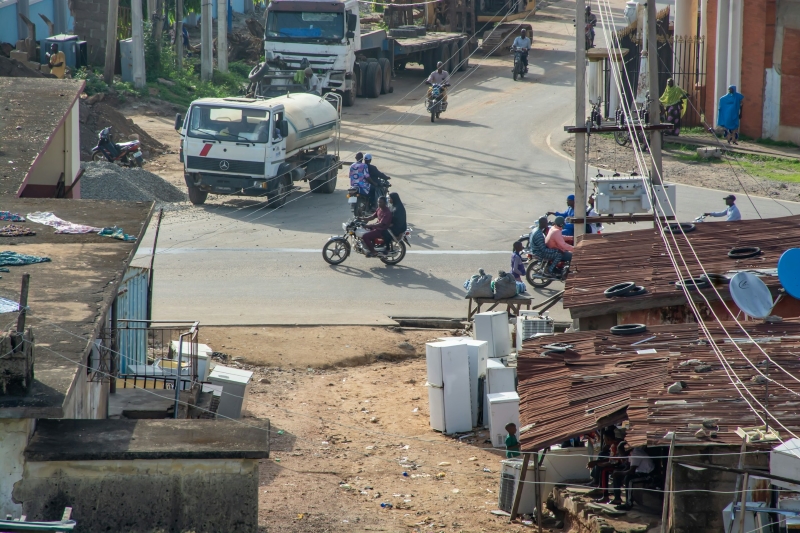Renewable Energy in Nigeria: Bringing Solar Panels to Locals
 Nigeria, Africa’s most populous country, faces a significant energy deficit. The nation’s grid infrastructure is inadequate, leaving vast rural areas and many urban centers without consistent electricity. This reality means that millions of Nigerians rely on polluting and expensive alternatives such as diesel generators, which are not only harmful to human health but also detrimental to the environment. These challenges make the work of the Renewable Energy Association of Nigeria (REAN) critical, it seeks to champion renewable energy solutions in Nigeria that are sustainable, affordable, and accessible to all.
Nigeria, Africa’s most populous country, faces a significant energy deficit. The nation’s grid infrastructure is inadequate, leaving vast rural areas and many urban centers without consistent electricity. This reality means that millions of Nigerians rely on polluting and expensive alternatives such as diesel generators, which are not only harmful to human health but also detrimental to the environment. These challenges make the work of the Renewable Energy Association of Nigeria (REAN) critical, it seeks to champion renewable energy solutions in Nigeria that are sustainable, affordable, and accessible to all.
Addressing Energy Poverty
Energy poverty in Nigeria is not just a technical issue; it is deeply intertwined with social and economic inequalities. Women and girls, in particular, bear the brunt of energy shortages, as they are often responsible for household energy procurement, which can be both time-consuming and dangerous. REAN recognizes this and is working to ensure that women in Nigeria are a part of the renewable energy revolution, both as beneficiaries and as active participants in the industry.
Renewable Energy in Nigeria
REAN is at the forefront of addressing Nigeria’s energy crisis, a challenge that significantly hampers the nation’s development. It focuses on making fossil fuels a thing of the past, driving the shift toward renewable energy in a country where only about 55.4% of the population has access to grid electricity. This lack of reliable power affects nearly every aspect of life for millions of Nigerians, contributing to poor health outcomes, limited educational opportunities, reduced socioeconomic mobility and gender inequality.
REAN focuses on promoting solar energy as a viable alternative to fossil fuels. Through partnerships with local stakeholders, it has been instrumental in increasing the deployment of solar panels across the country. This initiative provides cleaner energy and supports local industries’ growth, fostering job creation and economic development. By encouraging the use of locally sourced materials and expertise in the renewable energy sector, REAN aims to boost Nigeria’s self-sufficiency in this critical area.
An impactful example of REAN’s work is evident in its support of Ajima Farms, where solar energy has significantly improved productivity by ensuring a consistent power supply. This story highlights how renewable energy can transform local businesses and communities by providing reliable and sustainable power.
Broader Implications for Society
The impact of REAN’s work extends beyond just providing power. Access to reliable and clean energy has profound implications for improving education, as schools can function more effectively with consistent electricity. It also enhances health care delivery, enabling clinics and hospitals to offer better services, particularly in remote areas. Furthermore, by reducing the reliance on fossil fuels, REAN’s initiatives contribute to a healthier environment, helping Nigeria to meet its commitments to global climate goals.
Promoting Renewable Energy in Nigeria
REAN plays a pivotal role in addressing one of the country’s most pressing challenges. By promoting renewable energy in Nigeria, particularly solar power, REAN is not only providing a solution to Nigeria’s energy deficit but also driving broader social, economic, and environmental benefits. REAN’s efforts are crucial in ensuring that the transition to renewable energy is inclusive, sustainable, and beneficial for all Nigerians, thereby making fossil fuels a relic of the past.
– Lydie Udofia
Lydie is based in London, UK and focuses on Technology and Solutions for The Borgen Project.
Photo: Unsplash
